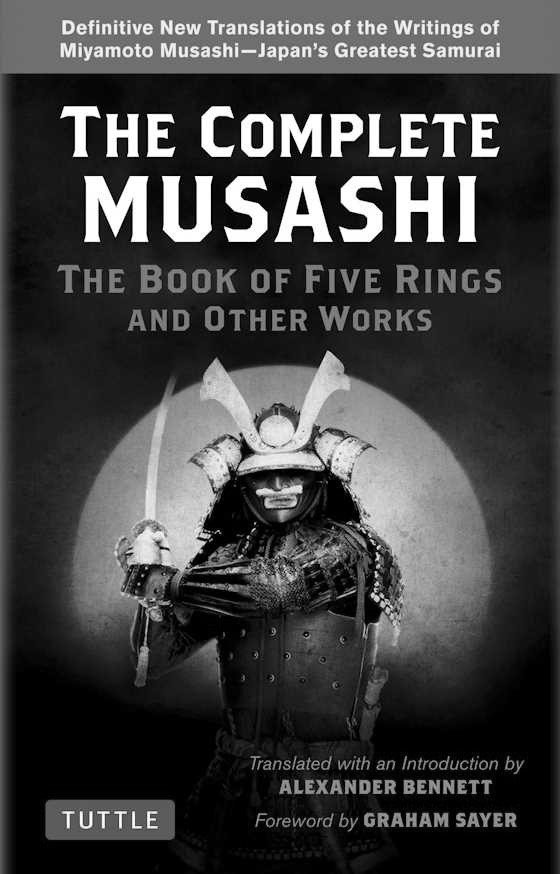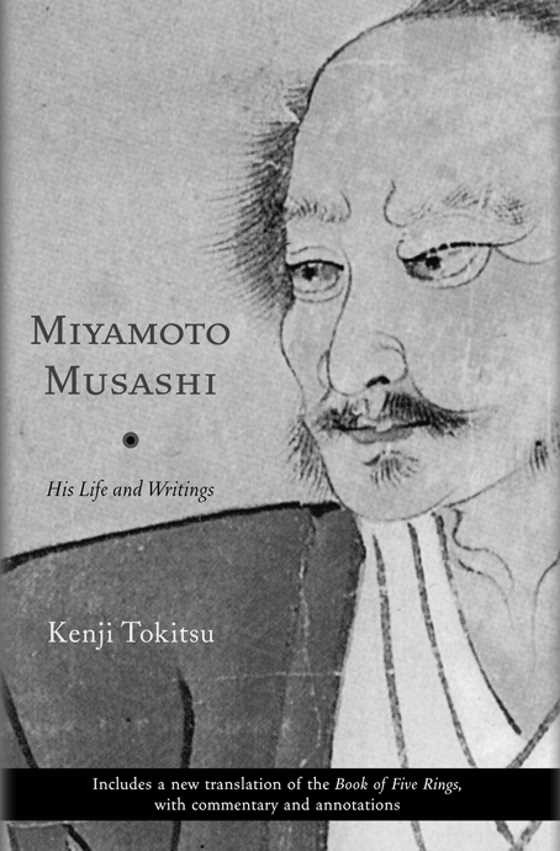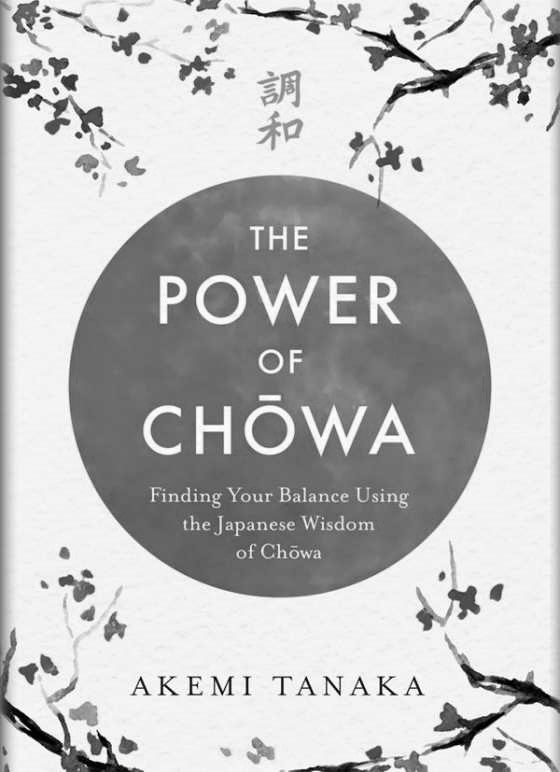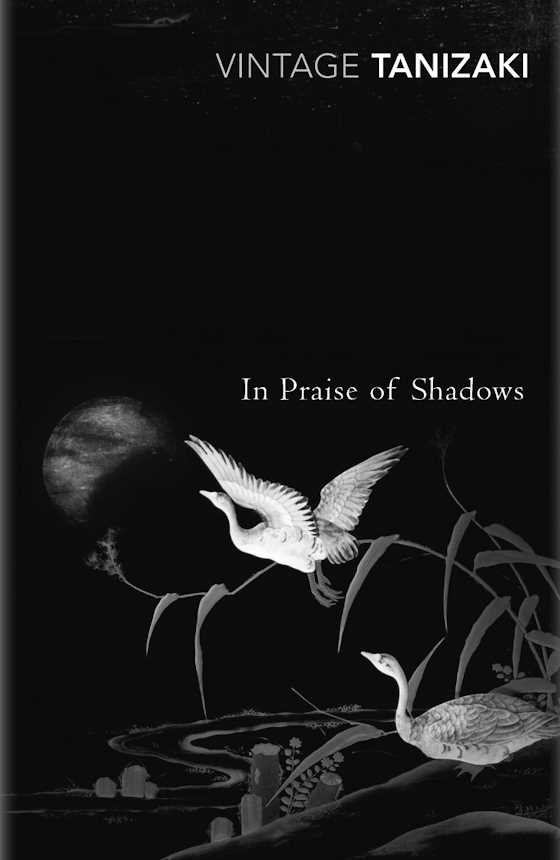I’m currently reading The Power of Chowa, wherein Akemi mentions this book in passing. When i read the name of the writer i was sure i had some of his books in my pile of books waiting to be read, and sure enough, one of those books was this one.
So i put aside The Power of Chowa for a while and gave this a read to fully understand the impression that Akemi was trying to give.
And wow, this is definitely one to put on the shelf next to The Book of Tea. Both books have wonderful passages of ranting, but it’s intelligent ranting fuelled by a genuine passion for something truly precious; and in between the passages of ranting one gets some wonderful, thought provoking passages of delightful, descriptive writing: this book is like a painting in words.
Written in the 1930’s, concerning Japan’s modernisation it’s news to me to read how, even before WWII and the surrender to the USA, Japan’s desire to ape American culture was already underway. But, that aside, i do feel that Junichiro fails to appreciate that even in the west we have lost so many of our own shadows. It seems that most of my life that here in Europe, we have been hell bent on illuminating everything to ridiculous levels, banishing all shadow wherever it may lurk.
The never ending pursuit of cleaning out the dirt and dust and any corners where it may lurk: banish the shadows for your own health’s sake! The continued insistence on ridiculous levels of cleanliness and sterility within and without our homes, which has lead to ever lower immune function and plenty of allergies along with it.
And it’s not just the shadows, it’s any semblance of quiet we will blast sound into. Where now can we truly be quiet and stare into the night sky and see the stars as they truly are? When was the last time you truly experienced the peaceful quite and shadows of the real world without modern technology to protect and coddle you? Or are you one of the new people, ever terrified of what unknowns may be lurking there where you hear and see nothing but vague outlines and impressions?
I agree with Junichiro, we have lost something truly precious.
The only thing i would say about this book is that, for me at least, the “Afterword” would be better placed as a “Foreword”. I just feel that it would focus ones attention on certain things a lot more if they had been pointed out before hand instead of afterwards. I will definitely be reading this again at some point before i die and when i do i will definitely read the “Afterword” first.


 An interesting read for those of us who enjoy all things Japanese.
An interesting read for those of us who enjoy all things Japanese.
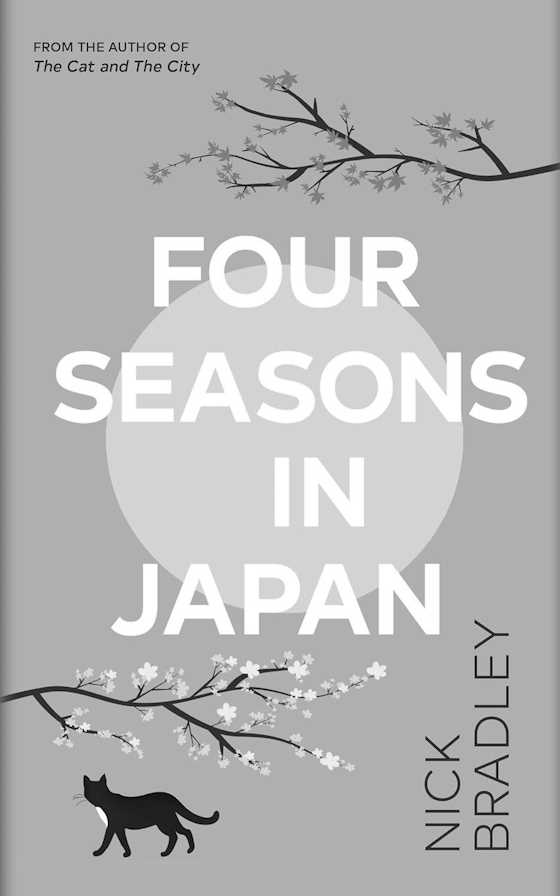
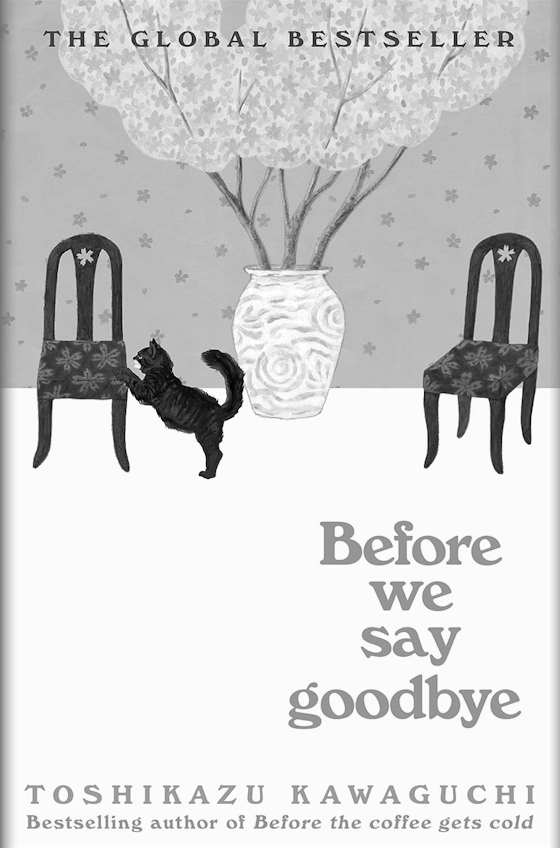 The fourth book from this rather enjoyable series: at least it had been rather enjoyable up to this book. But i’m beginning to feel that Toshikazu is beginning to get a bit repetitive and the cafe is beginning to become a little stale.
The fourth book from this rather enjoyable series: at least it had been rather enjoyable up to this book. But i’m beginning to feel that Toshikazu is beginning to get a bit repetitive and the cafe is beginning to become a little stale.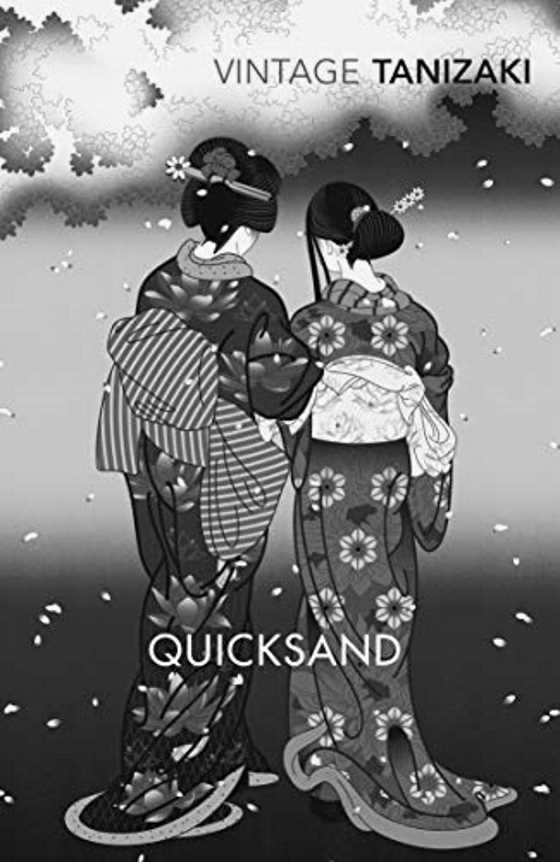 This is written by the author as though a desperate housewife is telling him personally about her affairs and marriage problems.
This is written by the author as though a desperate housewife is telling him personally about her affairs and marriage problems.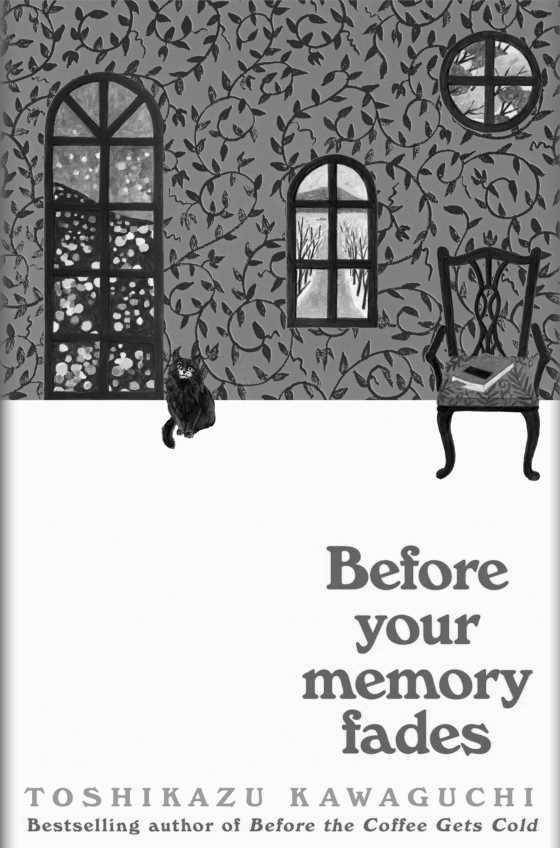 The third book in the Before The Coffee Gets Cold series, and what a great book.
The third book in the Before The Coffee Gets Cold series, and what a great book.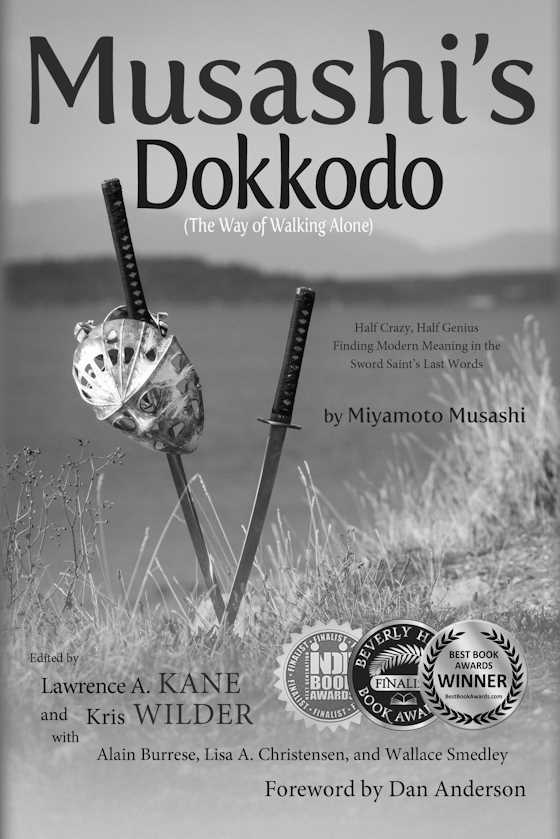 Just before Musashi died, he wrote a set of precepts for his favourite student. In this book the precepts are discussed one by one by five martial artists from different backgrounds and careers.
Just before Musashi died, he wrote a set of precepts for his favourite student. In this book the precepts are discussed one by one by five martial artists from different backgrounds and careers.